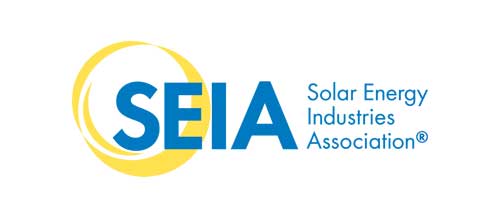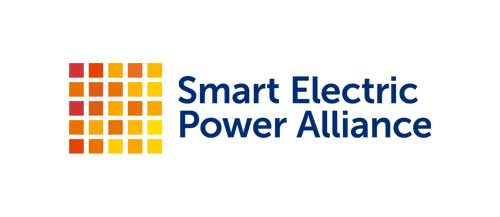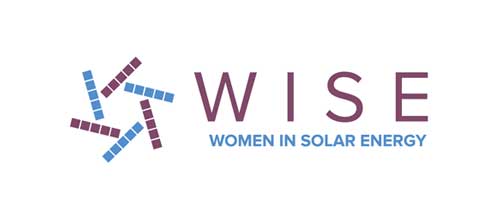June 1, 2018 is a critical mandatory reporting date for owners of commercial buildings over 50,000 square feet to submit 2017 building energy use to the CEC (California Energy Commission) per AB 802
. Assembly Bill 802, replacing Assembly Bill 1103, is new California legislation requiring these building owners to benchmark and disclose annual energy data every year to the public. Beginning in 2019, the CEC will publicly disclose this information on buildings with no residential utility accounts.
Why is benchmarking so important? Energy benchmarking and publicly disclosing the performance of buildings enables building owners and their tenants to compare buildings’ energy efficiency performance, make informed purchasing or leasing decisions, and allows the public to better understand the buildings in which they work and live in every day.
How will this work? Assembly Bill 802 forces building owners to complete and disclose their reporting using ENERGY STAR Portfolio Manager. Portfolio Manager is a widely used tool in the United States to measure and track energy consumption, compare building usage, and benchmark energy performance.
Disclosing this information will have a plethora of benefits and advantages for building owners and tenants. For instance, a tenant will now be able to look for spaces to occupy which have lower monthly utility bills or a lower environmental impact. Building owners will have access to data that will help them compare their energy usage with other buildings and pursue means to make their buildings more efficient. This transparency in identifying building performance will lead to more informed lease or acquisition decisions.
Upgrading your commercial property with energy efficiency measures not only makes your building more attractive for potential tenants but also enhances your property’s overall value. Owners can easily finance their building’s efficiency upgrades through Dividend’s Commercial (Property Assessed Clean Energy) program, which is no money down, long term (up to 25 years), and with low fixed interest rates. assessments are repaid on the property’s annual tax bill. Characteristically, the reduction in annual energy expenses exceeds the cost of financing, increasing cash flow.
You can learn more about Dividend’s Commercial Program here.




